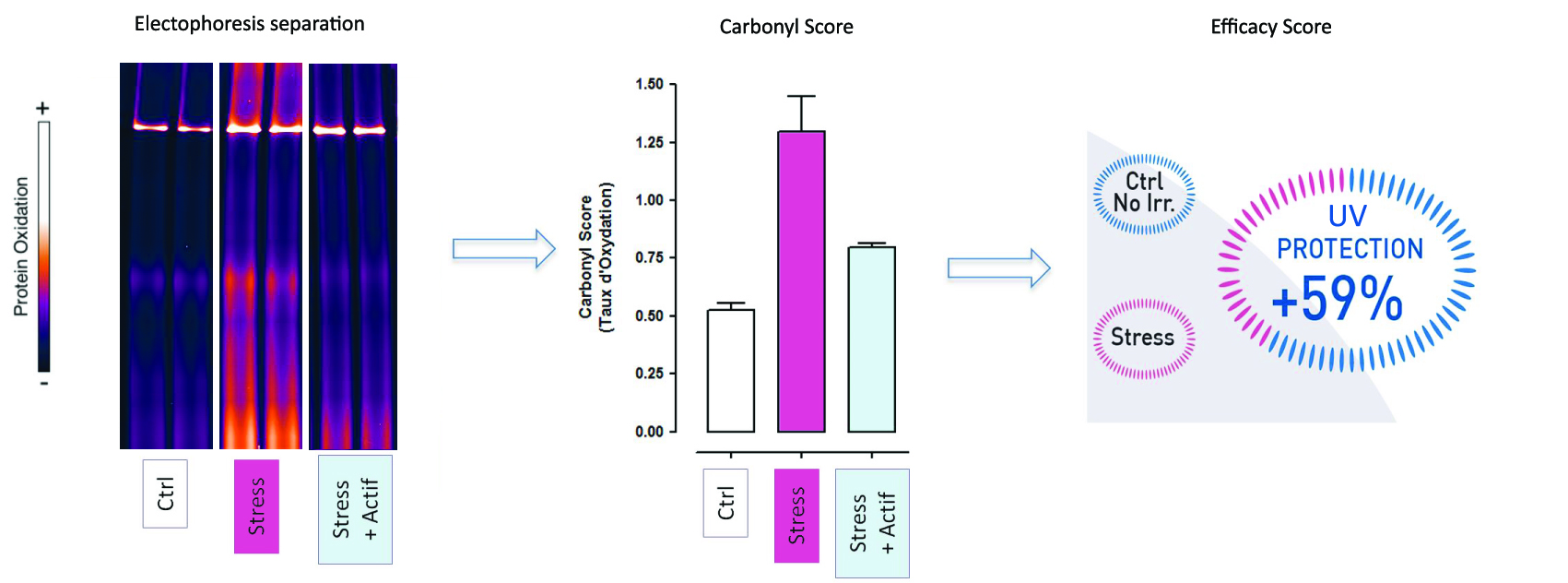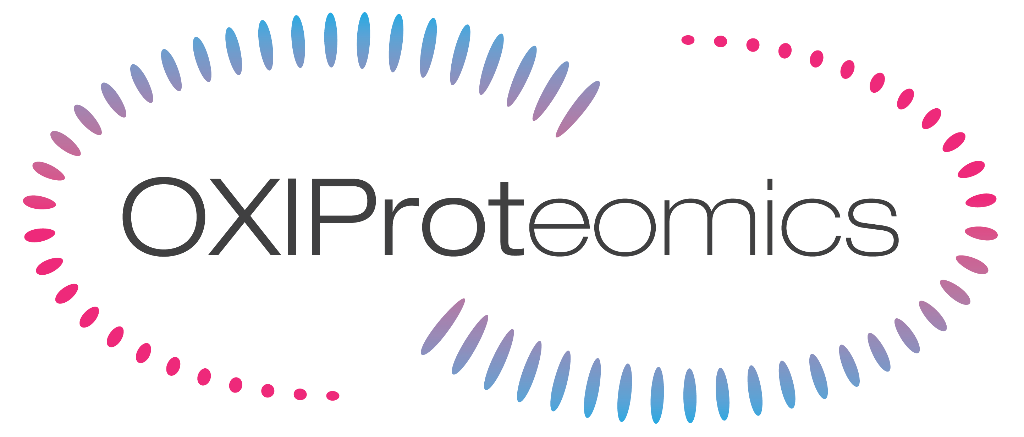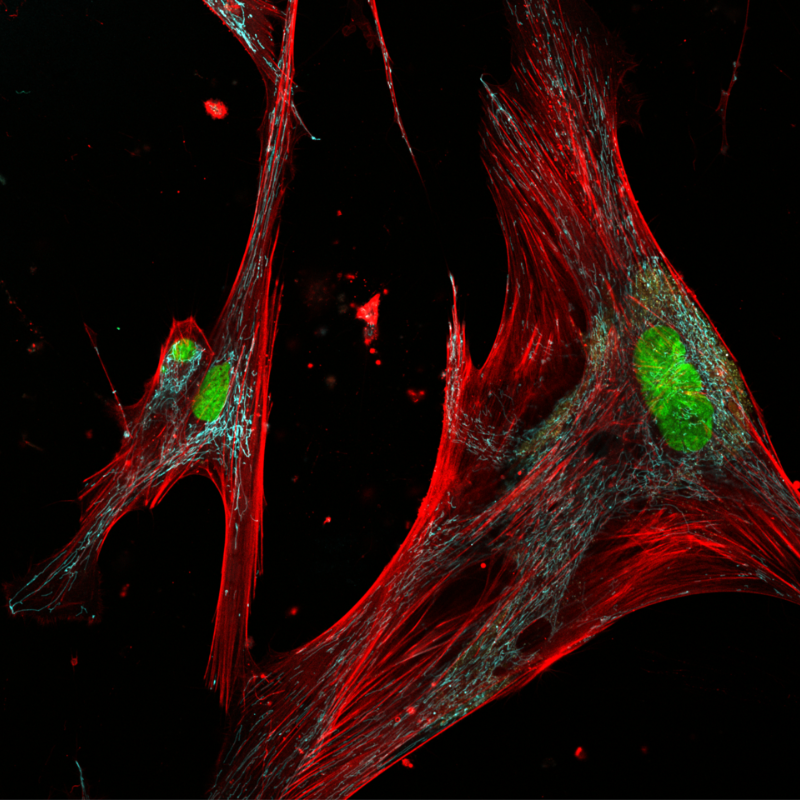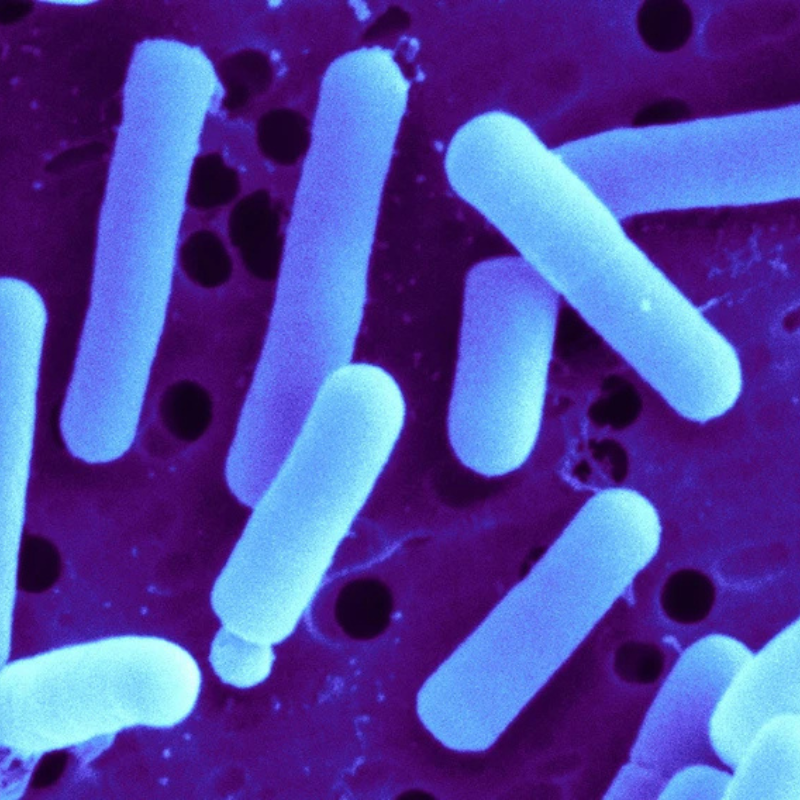All along our life, hair is damaged by environmental stressors (urban pollution, UV irradiation) but also by daily damaging treatments (heat, bleaching, coloration). Protein carbonylation, a harmful irreversible oxidative protein modification, is considered a major hallmark of oxidative stress and molecular damage.
At the molecular level, proteins are the principal components of hair shafts (65% to 95%), and they are preferentially damaged by environmental stressors influencing hair phenotypic characteristics. Although “anti-pollution” and “anti-oxidant” claims for hair products are more and more represented in the market, the anti-oxidant protection of hair proteins is not yet a read-out of choice for efficacy testing, due to the absence of sensible and reliable tools for analysis.
By using innovative ex vivo models coupled with state-of-the art proteomics technologies, OxiProteomics provides evidence that urban pollutants and heat or chemical treatment induces oxidative irreversible damage (carbonylation) of our hair proteins (keratin) in a dose dependent manner.
By specific fluorescent labeling of carbonylated proteins in hair strands we could visualize in situ their accumulation after stress exposure (Figure 1 – Upper panel). Using this proof of concept OxiProteomics has developed and validated a novel generation of Efficacy services to assess hair protection against molecular damage induced by urban pollution and damaging treatments. We provide an Efficacy Score for actives or finished products based on their ability to protect hair proteins from oxidative damage (Figure 1 – Lower panel). Importantly, the results are presented in a visual and accessible way to customers.
Figure 1. After stress exposure, hair proteins are labeled with specific fluorescent probes for carbonylated proteins detection and quantification. Carbonylated proteins are either detected in situ in hair shafts by epifluorescence microscopy (upper panel) or separated and quantified by high resolution electrophoresis (lower panel).
Contact
Mathilde FOSSAT
Project Manager – OxiProteomics
+33 6/28/90/15/36
+33 1/44/27/70/82








